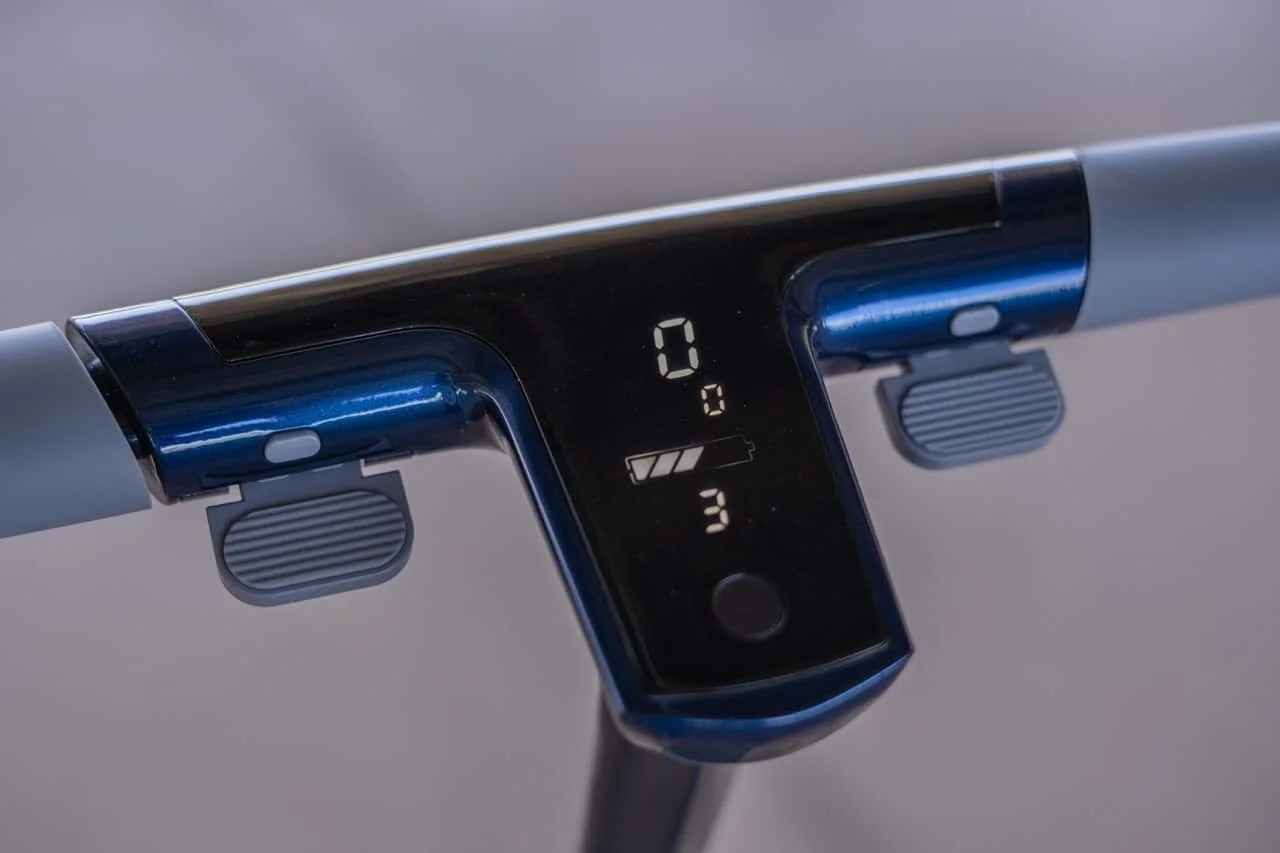2 月 . 16, 2025 13:11 Back to list
pediatric rolling walker
Pediatric rolling walkers have emerged as indispensable mobility aids for children who require assistance with walking. These devices are meticulously designed to cater to the unique needs of young individuals, promoting independence while ensuring maximum safety and comfort. When considering a pediatric rolling walker, it's crucial to delve into its features, benefits, and impact on the child's overall development.
Pediatric rolling walkers also contribute to promoting independence, a crucial aspect of childhood development. By offering support during various activities, these walkers empower children to perform tasks that might otherwise be challenging, such as navigating through school corridors or playing in the park. This sense of independence often translates to increased self-esteem and a positive outlook on their capabilities. Moreover, the psychological benefits of using pediatric rolling walkers cannot be overstated. The confidence gained from being able to move around and interact without constant assistance positively impacts the child’s self-perception and willingness to explore their environment. This autonomy is a stepping stone toward achieving greater milestones in their development journey. Parents and caregivers must ensure proper training and familiarization with the walker to maximize its efficacy. Guiding the child through initial usage phases ensures that they understand the operational aspects, including how to use the brakes effectively and navigate various terrains. This foundational training is crucial for safety and enhances the user experience. The market offers a variety of pediatric rolling walkers, each with distinct features tailored to different needs. Some models come with additional supportive accessories such as padded armrests or forearm supports, especially beneficial for children requiring extra assistance. It's essential to consult healthcare professionals or therapists to identify the walker that best suits the child's individual needs, ensuring optimal support and functionality. In conclusion, pediatric rolling walkers are transformative devices that significantly impact the lives of children requiring mobility assistance. By promoting independence, encouraging social interaction, and aiding in physical development, these walkers serve as vital tools in the holistic development of the child. With careful selection and proper use, pediatric rolling walkers can empower children to explore their world with greater freedom and confidence, setting the foundation for a more active and enriched life.


Pediatric rolling walkers also contribute to promoting independence, a crucial aspect of childhood development. By offering support during various activities, these walkers empower children to perform tasks that might otherwise be challenging, such as navigating through school corridors or playing in the park. This sense of independence often translates to increased self-esteem and a positive outlook on their capabilities. Moreover, the psychological benefits of using pediatric rolling walkers cannot be overstated. The confidence gained from being able to move around and interact without constant assistance positively impacts the child’s self-perception and willingness to explore their environment. This autonomy is a stepping stone toward achieving greater milestones in their development journey. Parents and caregivers must ensure proper training and familiarization with the walker to maximize its efficacy. Guiding the child through initial usage phases ensures that they understand the operational aspects, including how to use the brakes effectively and navigate various terrains. This foundational training is crucial for safety and enhances the user experience. The market offers a variety of pediatric rolling walkers, each with distinct features tailored to different needs. Some models come with additional supportive accessories such as padded armrests or forearm supports, especially beneficial for children requiring extra assistance. It's essential to consult healthcare professionals or therapists to identify the walker that best suits the child's individual needs, ensuring optimal support and functionality. In conclusion, pediatric rolling walkers are transformative devices that significantly impact the lives of children requiring mobility assistance. By promoting independence, encouraging social interaction, and aiding in physical development, these walkers serve as vital tools in the holistic development of the child. With careful selection and proper use, pediatric rolling walkers can empower children to explore their world with greater freedom and confidence, setting the foundation for a more active and enriched life.
Share
Next:
Latest news
-
Children Tricycle Factory Custom Designs & Safety Certified
NewsMay.30,2025
-
Best Scooters for Teens Top-Rated, Safe & Durable Rides for 2023
NewsMay.30,2025
-
Affordable Mini & Baby Bicycle Prices Best Deals & Discounts
NewsMay.29,2025
-
20-Inch Kids Tricycle Adjustable Seat, Safe & Durable Design
NewsMay.29,2025
-
20 Inch Kids Bikes Lightweight, Adjustable & Durable Designs
NewsMay.29,2025
-
Magnesium disc Bicycle wholesale children bicycle wholesale children mountain balance bicycle
NewsMar.07,2025
